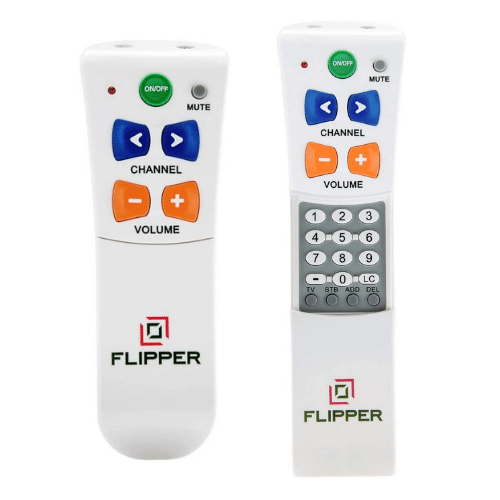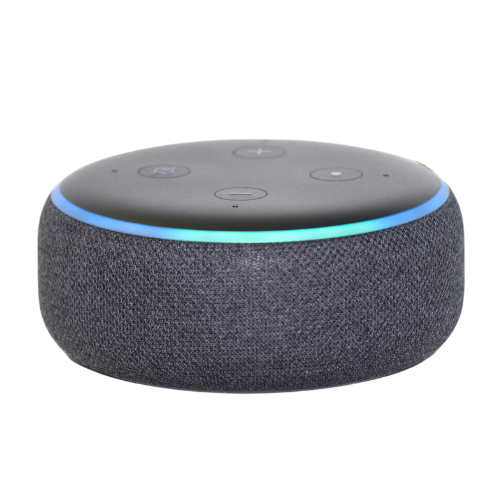Must-Have Products for Dementia
As technology advances, we are provided with inventions that make our lives easier. I’ve compiled a list of products that are simplified and designed to support people with memory impairments. These are must-haves for any caregiver or person with dementia to have in their home!
Digital Clock with Date
I love this because not only is it DIGITAL (which is perfect for a person with dementia, but it also can help with orientation because it displays the date. The large display and high contrast make it easy to look at and use.
Phone with Photo Dialer
This phone is genius and I wish I invented it! As a person with dementia begins to forget their loved ones phone numbers or even how to dial the phone, they can simply press the button with the correct photo! I like this one in particular because it has large numbers too.
Simple Remote
Remotes are confusing to the best of us. What are all these buttons even for? Purchasing a simple remote is great to help your loved one with dementia be able to change the channel and volume easily. I like this remote in particular because it does have a hidden keypad if needed.
Night Light Outlets & Switches
I actually have these in my house! No need to buy a separate nightlight that might fall out of the outlet, you can purchase outlet and light switch covers that have a night light built in! This is ideal for those late-night bathroom runs that inevitably happen.
Automatic Pill Dispenser
Can’t be around for medication time? Don’t sweat it. This automatic pill dispenser can be set to multiple alarms that will automatically unlock the appropriate slot. It even has loud alerts to catch the attention of the user! It has a lock, so you don’t have to worry about it opening up or your loved one taking too many pills at once.
Amazon Echo
The epitome of efficiency and ease, Amazon Echo allows you to control almost any aspect of your house with your voice. If one of my clients with dementia has an echo already, I help them learn what to say and how to use it in order to make their lives easier! Consider purchasing one and using signs and instructions to help your loved one use it properly. If they don’t seem to take to it, you can always use it remotely to help them if needed!
Smart Plugs
If you have an Echo, you should purchase a few smart plugs. This will allow your loved one to control items in their house without having to get up, which depending on their mobility, could be a fall risk. Some commands that could be helpful include “turn on living room lights” and “turn on the fan.”
Interested in more dementia caregiving tips? Check out this article about simple home modifications to help with memory!
* NOTE: This blog contains Amazon Affiliate links, if you purchase using these buttons, I may receive a small commission at no cost to you. This allows me to keep creating helpful speech therapy content for you! *
Neuro Speech Solutions is the only speech therapy private practice in Buffalo, NY that specializes in adult neurological rehabilitation. Our specialty is in brain injury, including stroke, TBI, and concussions, as well as neurodegenerative disorders such as Parkinson’s disease and dementia. All of our SLPs are dedicated to providing evidence-based aphasia therapy and cognitive therapy that will help you target the impairments you may be experiencing in a way that fits with your daily life. If you are searching for an SLP, give us a call and see what makes our clinic different than the rest!
ABOUT THE AUTHOR
Katie Brown, MA, CCC-SLP, CBIS
Katie is the owner and founder of Neuro Speech Solutions. She is passionate about providing person-centered treatment to her clients in order to meet their life participation goals. Katie is dedicated to helping other SLPs provide functional therapy through affordable materials and education courses.












Were you referred to speech therapy and wondering why? Speech-Language Pathologists work on more than just speaking abilities. Read this blog to learn about how SLPs can help you with language, thinking, and swallowing.